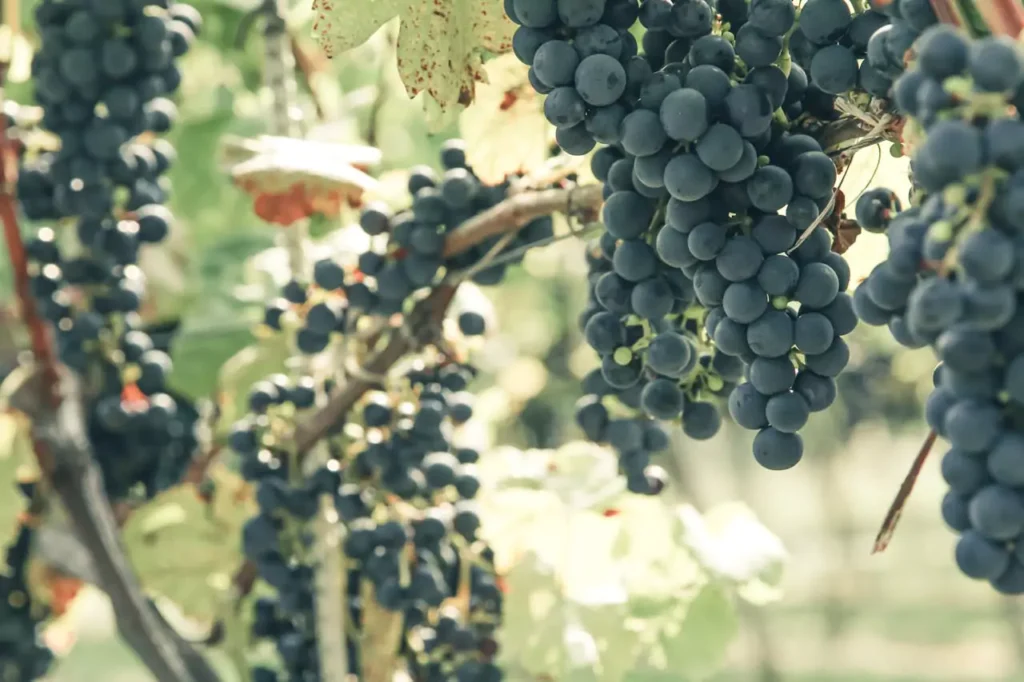
Australian Wines Future-Proofing with a Fusion of Science and Heritage
In a landmark collaboration,Australian Wines Treasury Wine Estates has joined forces with Australia’s national science agency, the Commonwealth Scientific and Industrial Research Organisation (CSIRO), to secure the future of some of Australia’s most historic grapevines. This partnership, centered around the heritage vineyards of Wynns Coonawarra Estate and Penfolds in the Barossa Valley, aims to blend traditional viticulture with cutting-edge science to address some of the most pressing challenges facing the wine industry today—namely, climate change and disease management.
The initiative focuses on breeding new grapevine varieties that incorporate the genetic resilience of drought-tolerant heritage vines with disease-resistant traits developed by CSIRO. These traits have been cultivated over years of selective breeding and scientific research, supported by funding from Wine Australia. The resulting grapevines are expected to deliver a dual advantage: improved resistance to powdery and downy mildew, and enhanced adaptability to the increasingly unpredictable growing conditions caused by climate change.
Powdery and downy mildew are major threats to vineyards worldwide, and their management imposes a significant financial burden on Australia’s wine sector. Together, these diseases cost the industry an estimated $160 million annually through lost production and the expense of disease management strategies. For an industry valued at approximately $45 billion, developing sustainable ways to mitigate such losses is not just beneficial—it’s essential.
In late 2024, the first 204 progeny seedlings—resulting from careful crosses between Cabernet Sauvignon vines from the historic vineyards and second-generation mildew-resistant lines from CSIRO—were planted in South Australia. These seedlings represent the forefront of scientific innovation in viticulture. Their performance will be meticulously evaluated both in the vineyard and through small-scale winemaking trials. The best-performing vines will be selected to propagate the next generation of high-quality, resilient grapevines.
Dr. Paul Boss, CSIRO Research Scientist and project lead, highlighted the significance of integrating mildew resistance into high-performing grapevine varieties. “By employing traditional breeding methods, we’ve successfully introduced two distinct genes into the heritage vines from Wynns. These genes provide robust resistance to both powdery mildew and downy mildew,” he explained.
Dr. Boss emphasized that these resistance traits originate from CSIRO’s advanced breeding lines, which have been refined to carry both disease resistance and other beneficial quality traits. “Having two separate resistance genes in one plant makes it significantly more difficult for disease-causing pathogens to overcome both simultaneously. This redundancy builds a robust line of defense, ensuring long-term vine health and productivity,” he added.
One of the most exciting aspects of this initiative is the use of old, heritage vines that have already withstood the test of time. These vines have evolved natural drought tolerance through decades of exposure to Australia’s challenging climate, making them ideal candidates for breeding even more climate-resilient grapevines. Their hardiness, combined with CSIRO’s scientific breakthroughs, sets the stage for the next evolution in winemaking.
Kerrin Petty, Chief Supply and Sustainability Officer at Treasury Wine Estates, stressed the broader implications of the project. “The global wine industry is facing increasing pressure to adapt to a warming world and the growing intensity of disease outbreaks,” he said. “By partnering with CSIRO, we’re not only safeguarding iconic brands like Wynns and Penfolds, but we’re also taking a bold step toward future-proofing our entire vineyard ecosystem.”

“Creating mildew-resistant grapevines that can also handle variable weather patterns is critical. We’re ensuring that these historic vineyards continue to produce world-class wine for many more generations,” Petty added.
Wynns Senior Winemaker Sue Hodder echoed these sentiments, pointing out that climate change has already begun to influence vineyard practices. “We’re witnessing firsthand how shifting climate patterns affect grape development, harvest timing, and wine quality,” she said. “Science and innovation must play a role in how we respond to these changes. This partnership with CSIRO ensures that Wynns is well-positioned to continue its legacy well into the future.”
Meanwhile, Wynns Viticulturalist Ben Harris noted that the project represents a harmonious blend of tradition and science. “We’ve spent decades propagating vines from the finest examples in our Johnson’s Block in Coonawarra. What we’re doing now is taking that generational knowledge and enriching it with the latest genetic research to develop superior vines,” he explained.
The long-term goal is not just better grapes and wine, but also more sustainable vineyard operations. These new cultivars are expected to require significantly fewer chemical inputs, particularly fungicides. Reduced reliance on chemical sprays means fewer tractor passes through vineyards, which translates to lower diesel fuel use and reduced greenhouse gas emissions. These environmental benefits make the project a powerful example of how agricultural innovation can support broader sustainability objectives.
The partnership also fits into a wider sustainability strategy at Wynns. The winery has been certified by Sustainable Winegrowing Australia, recognizing its commitment to soil health, minimal chemical usage, and responsible resource management. Additional sustainability measures include a transition to renewable electricity and the installation of a 230kW solar energy system on-site, further reducing the environmental footprint of operations.
The mildew-resistant grapevine breeding program has been partially funded by Wine Australia, with matching support from the Australian Federal Government. Since the 1990s, CSIRO and Wine Australia have collaborated to create new grapevine varieties specifically designed to resist major fungal diseases. This ongoing work has produced a range of vines that require fewer chemical interventions, thereby reducing production costs, crop losses, and environmental impact.
Treasury Wine Estates has long been an active participant in this breeding program through its iconic brands, Wynns and Penfolds. These efforts have expanded on in-house vine selection programs that have been in place since the late 20th century. By integrating CSIRO’s advanced disease-resistance lines with heritage vine material, the company is producing some of the most resilient grapevines available today.
As these new vines mature, their progress will be closely monitored in the field, while small-batch winemaking trials will help identify those that offer the ideal combination of resilience and wine quality. The best performers will be used to establish the next generation of vineyards—vineyards designed not only to survive, but to thrive in a changing world.
This partnership between science and tradition is more than just a breeding program. It is a blueprint for how agriculture—and specifically, viticulture—can adapt in the face of climate and disease pressures while maintaining a commitment to quality, sustainability, and heritage.
Let me know if you’d like it formatted for publication or summarized into a press release version.





